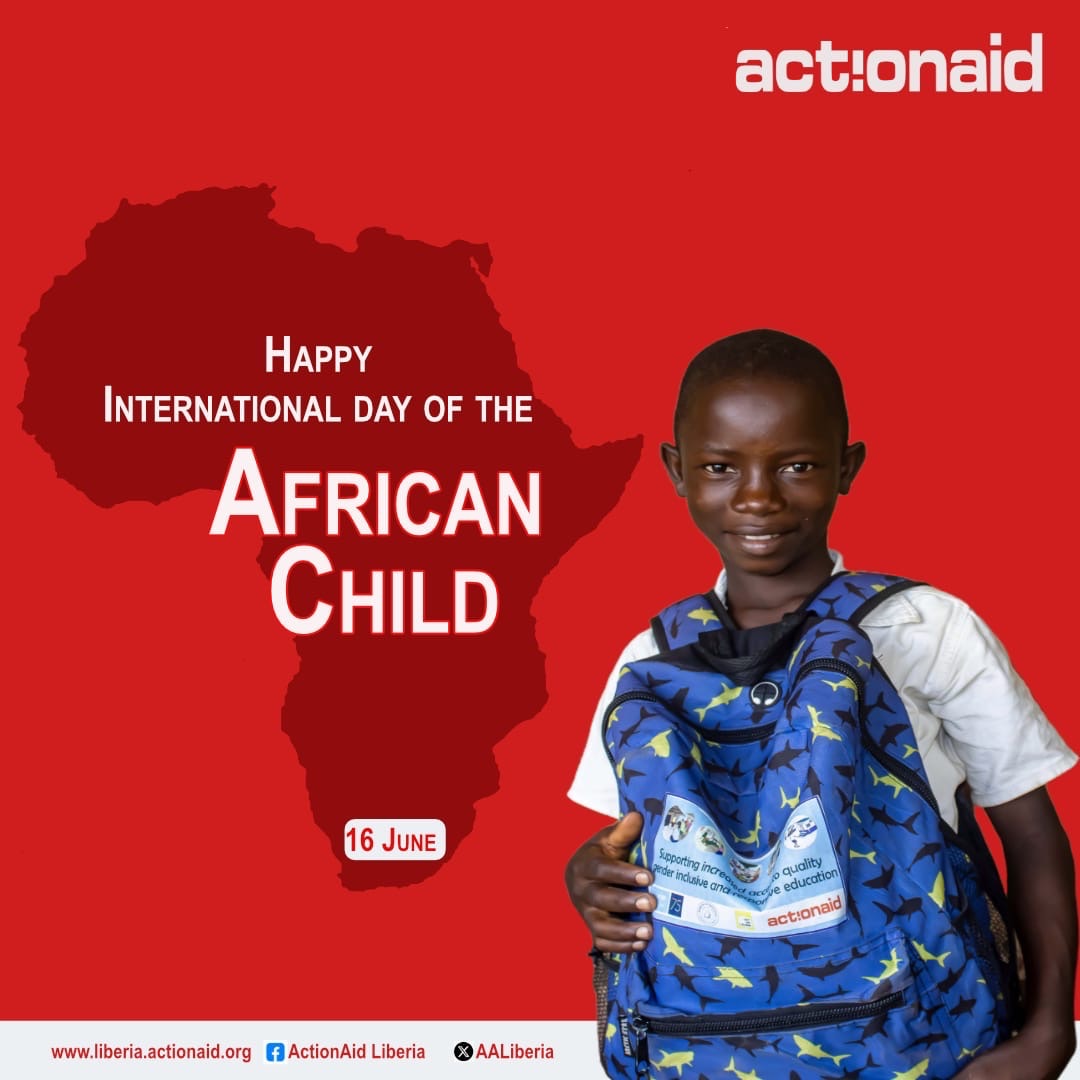June 16, 2024 marks the annual commemoration of the Day of the African Child, a day that holds profound significance across the continent. Established in 1991, this day honors the brave black high school students who, in June 1976, participated in the Soweto Uprising in South Africa.
These young individuals staged a series of demonstrations and protests against the gross
education injustice and inequality imposed by the apartheid regime. Tragically, their call for
change was met with police brutality, resulting in numerous deaths. This day serves as a solemn reminder of their sacrifice and a celebration of the African child’s resilience and courage.
The African Union has declared the theme for the Day of the African Child in 2024 as “Education for All Children in Africa: the Time is Now.” This theme is a crucial part of the African Union’s Year of Education, emphasizing the urgent need to build resilient education systems. The goal is to ensure increased access to inclusive, lifelong, quality, and relevant learning opportunities for every child across Africa.
The theme for this year’s Day of the African Child aligns seamlessly with our Country Strategy Paper III (2024-2029)’s strategic objective of empowering women and girls to challenge structural and systemic causes of violence.
Ensuring education for all children in Africa, particularly girls, is pivotal in breaking the cycle of violence and promoting gender equality.
“We are committed to empowering women and girls of all diversities through platforms that
challenge structural causes of violence and harmful traditional practices. This includes adherence to laws to end harmful practices such as Female Genital Mutilation (FGM)”, ActionAid Liberia says.
The advocacy group in a press release explained that their strategy supports women human rights defenders, young feminist movements, and women-led CSOs in advancing policy engagements on access to justice and other support services.
By ensuring access to education, “we help create a new generation of informed and empowered female leaders who can champion these causes effectively”, the release quotes AAL. News release further stated, ActionAid remains dedicated to empowering young women through educational programs, coaching and mentoring skill-building, and leadership training tailored to their needs.
These programs aim to equip young women and marginalized groups with the knowledge and skills necessary to become effective advocates for change.
Access to quality education is the foundation for this empowerment, providing the tools they need to succeed.
The release under the signature of AAL Country director, Elizebeth Johnson, advocacy efforts involve collaborations and strategic partnerships with civil society
organizations, policymakers, and influencers to amplify the voices of young women and
marginalized groups.
Education ensures that these voices are well-informed and articulate, enabling more effective advocacy.
“We (ActionAid Liberia) will continue to focus on engaging in constructive dialogue with government officials, community leaders, and religious leaders to advocate for policy reforms and resource allocation to address violence against women and girls (VAWG).
Our strategy also emphasizes the importance
of gender-responsive public services.
This includes advocating for governments to resist austerity measures that can undermine the funding of essential institutions such as the International Monetary Fund (IMF).
By ensuring that public services that includes education are adequately funded and responsive to the needs of women and girls, we can create an environment where all children have the opportunity to thrive.
This approach not only supports the education of young women and girls but also ensures they receive the necessary health, legal, and social services to protect their rights and well-being.
On this Day of the African Child, we call upon all stakeholders – governments, non-governmental organizations, the private sector, and civil society – to join hands in realizing the vision of “Education for All Children in Africa: the Time is Now” and the strategic objective of empowering women and girls.
Let us honor the legacy of the Soweto Uprising by committing to tangible actions that ensure every African child, especially girls, has access to quality education, safety, and the opportunity to reach their full potential.



